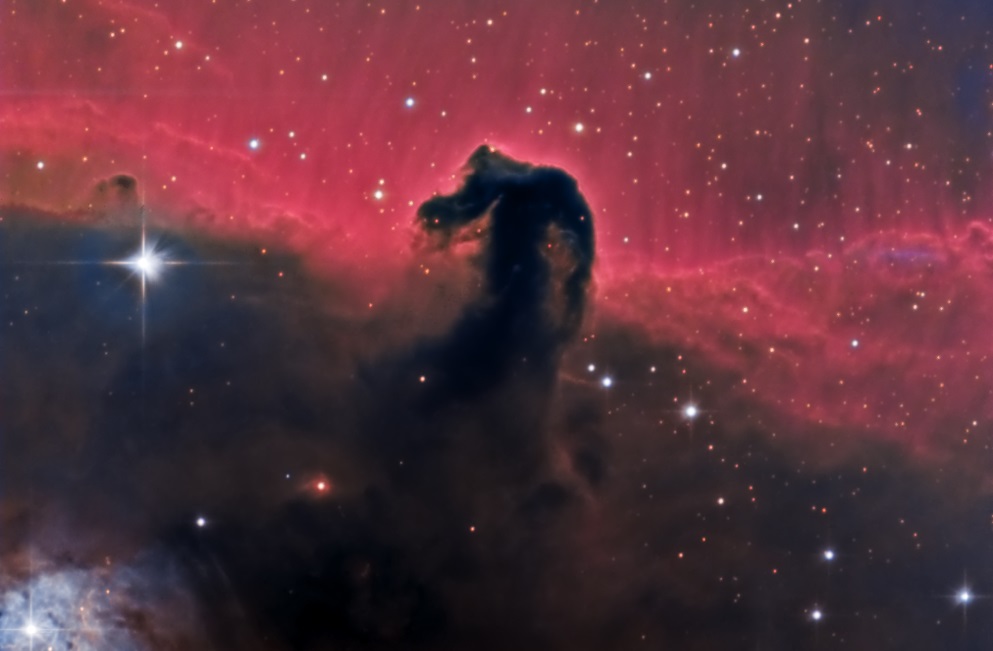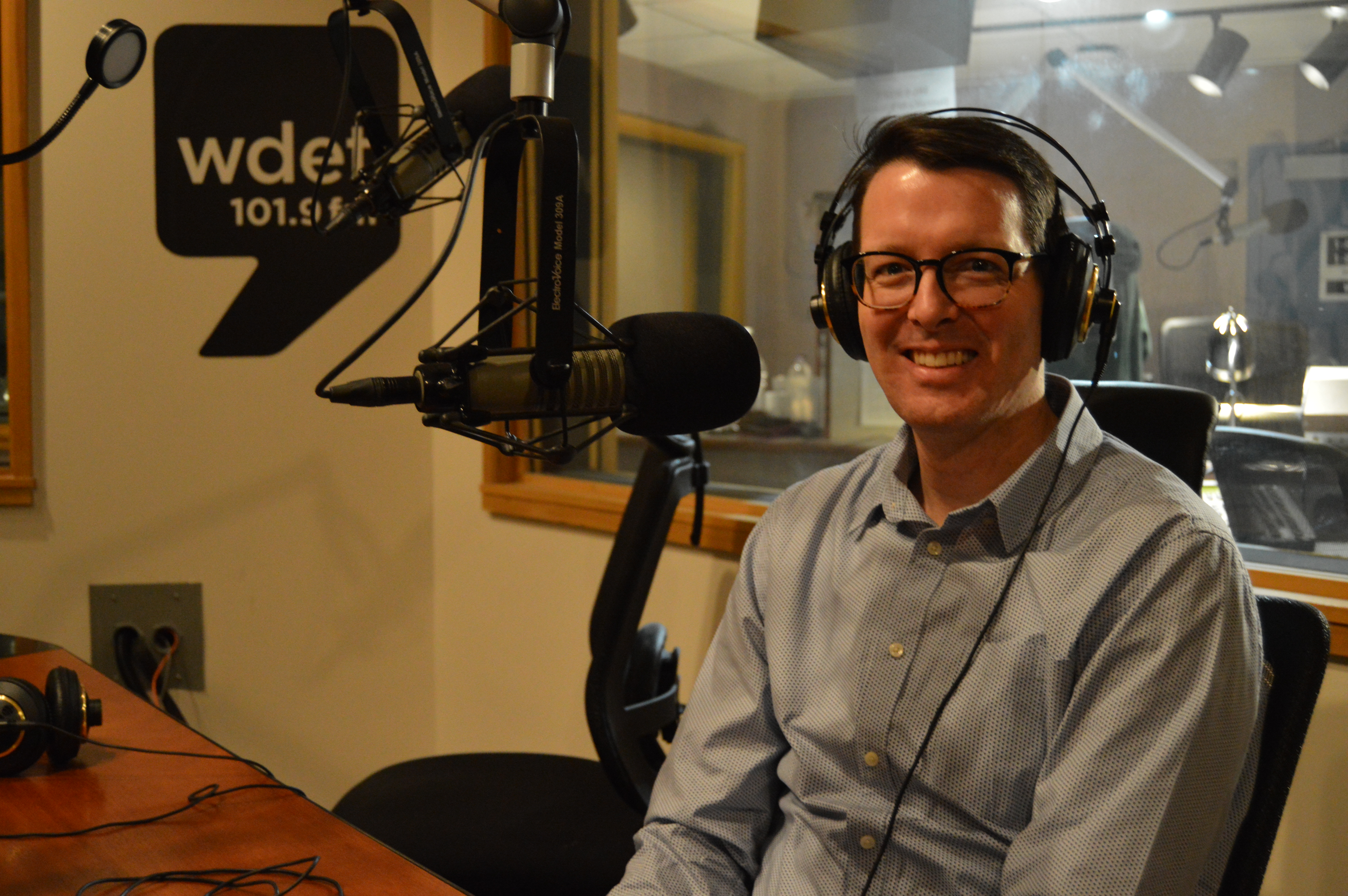These Detroit Researchers Are Studying the Cosmos, Seeking Answers
Host Stephen Henderson and guests talk NASA Funding, Planet 9 and Wayne State University’s observatory on Detroit Today.

We’re entering a new era of space exploration in the United States.
Private firms are pushing the boundaries of what is possible with technology and innovation. And the Trump Administration wants to get us back to the moon for the first time since 1972 as part of a longer strategy to put a human on Mars.
“When you try to do astronomy from Detroit, you have a big problem.” — Edward Cackett, astrophysicist
You might be surprised to hear that some of the ground breaking research and discoveries being made are happening right here in Detroit. While not in a great part of the world to observe the night sky due to cloud cover, light pollution, and other weather conditions. But Wayne State University has its own robotic dark sky observatory in New Mexico that can be operated remotely.
“The Dan Zowada Memorial Observatory is a state-of-the-art 20-inch robotically-controlled remote observatory in the high desert of Rodeo, New Mexico, at an altitude of 4,128 feet,” according to the observatory’s page on WSU’s website. “This location has some of the darkest skies in the nation!”
View live images collected by the observatory here.
Listen: The state of space exploration and innovation, and Detroit’s role in these discoveries.

Guests
Michael Wall is a senior writer for Space.com and the author of “Out There,” a book about alien-life search that was published in November of 2018.
He talks about the state of space exploration in the United States in 2020 — including funding for NASA, the push to get back to the Moon, and the mysterious object in the outer regions of our solar system often called “Planet 9” (which may or may not actually exist).
“Here, science and exploration and sort of learning how to function far from home would be the main driver” for going back to the Moon, he says.
Edward Cackett is a Wayne State University astrophysicist. His research looks at trying to understand how material falls into black holes — a process called ‘accretion’ — as well as trying to understand the structure of extremely dense stars called neutron stars.
“If we learn about how the black hole grows, how things fall into the black hole, it helps us understand better how galaxies form, how galaxies evolve, and that, of course, tells us eventually about how we come about — how we form solar systems and how everything evolves.”
Support the news you love.
Here at WDET, we maintain our journalistic integrity through independent support from readers like you. Because you value WDET as your source of news, music, and conversation, please make a gift today.
